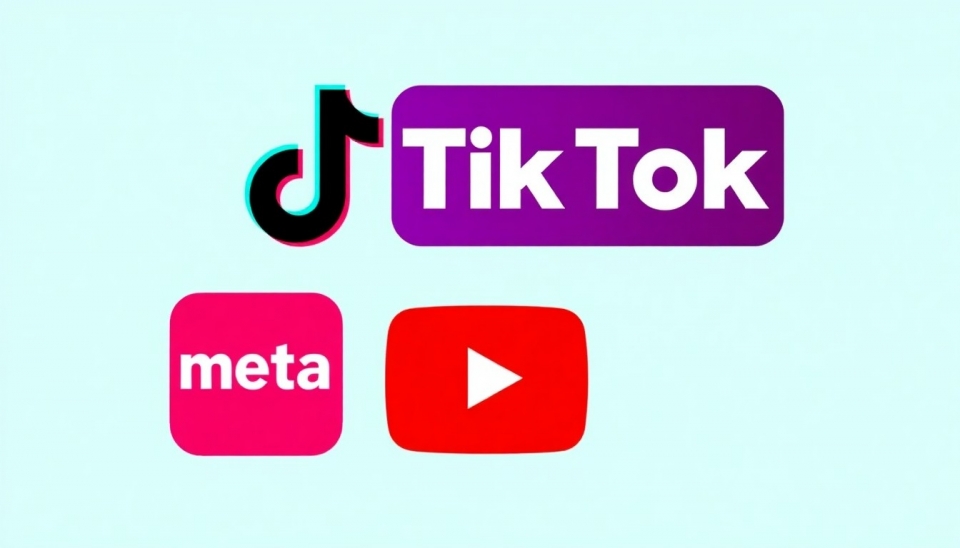
In a significant development for Meta Platforms Inc., the company has successfully convinced a federal judge to limit the scope of the Federal Trade Commission's (FTC) antitrust suit concerning its popular social media platforms, Instagram and WhatsApp. This ruling, announced on November 13, 2024, marks an important moment for the tech giant at a time when regulatory scrutiny has intensified across the industry.
The ruling comes after a challenging legal battle between Meta and the FTC, who have alleged that the company's acquisitions of Instagram in 2012 and WhatsApp in 2014 were anticompetitive practices aimed at stifling competition in the social networking market. The FTC's original complaints suggested that these acquisitions were part of a strategy to eliminate competition and create a monopoly over social media services.
However, U.S. District Judge James Boasberg's recent decision has scaled back the FTC's allegations, ruling that the agency must focus on more narrowly defined claims regarding the potential harm caused by Meta's actions. Judge Boasberg emphasized that the FTC's arguments need a stronger foundation and cannot solely rely on the general assertion that Meta has become a dominant player due to its past acquisitions.
This legal victory is viewed as a setback for the FTC, which has increasingly been tasked with enforcing antitrust regulations against some of the biggest names in technology. Meta has always maintained that its acquisitions were legitimate business decisions intended to enhance competition and improve user experiences on its platforms.
As the court proceedings continue, this ruling could shape the future strategies of federal regulators as they confront various tech companies. Experts suggest that the FTC may need to revisit its approach and develop a more robust legal strategy if it seeks to impose limits on large tech corporations.
Meta’s shares have reacted positively to the news, with investors expressing relief over the prospect of a reduced regulatory burden. The market's response indicates a growing confidence in Meta's operational integrity and business model, even amidst ongoing scrutiny.
In the broader context, this decision reflects the evolving landscape of antitrust law in the United States, where many technology giants face increased challenges from regulators. As discussions on whether these massive corporations are inhibiting competition continue, the outcome of Meta's legal struggles seems to set a precedent for similar cases in the future.
Meta's victory also sparks questions about the FTC's overall strategy and effectiveness in promoting competitive practices within the tech industry. With tech giants wielding substantial influence in modern society, balancing the enforcement of antitrust laws while fostering innovation remains a critical task for regulators.
As the legal saga unfolds, stakeholders from various sectors will be closely monitoring how Meta navigates this landscape and what implications it could hold for the future of digital commerce and social media.
In conclusion, this recent court decision not only favors Meta in its ongoing legal troubles but also raises pivotal conversations regarding the role of regulatory bodies in overseeing the ever-evolving technology sector.
#Meta #FTC #Antitrust #Instagram #WhatsApp #LegalNews #TechIndustry #RegulatoryScrutiny
Author: John Miller




